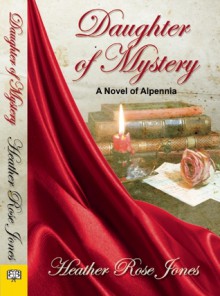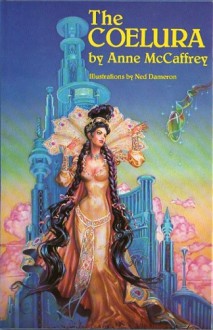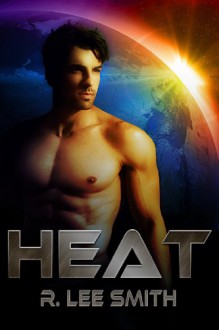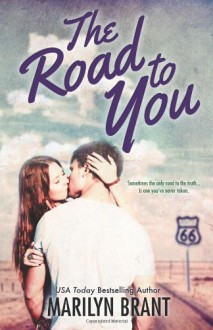
This omnibus edition includes all three books in the trilogy. In the first book, Jenny is doing some last minute preparation for her boyfriend Tom's birthday party and stumbles across a mysterious game store, where she buys a game in a blank white box. The game turns out to be a paper house, with paper figures you can draw on to look like the various players, and paper cards on which the players are expected to draw their worst fears. It seems like harmless fun, until the game becomes real, and Jenny, Tom, Zach, Dee, Audrey, Michael, and Summer are all trapped in the house and forced to face their fears if they want to survive. The one putting them through all of this is Julian, an evil but handsome being who wants to make Jenny his.
In the second book, everyone tries to adjust to the consequences of Book 1, and Julian's back for another game. In the third book, Jenny and her friends must travel to the Shadow World for a rescue attempt. They end up in a deadly amusement park, and this time around Julian isn't the only threat they need to worry about.
L.J. Smith was one of my top favorite authors when I was a teen, despite her book's frequently ugly covers (seriously, the original Night World covers were hideous, although they were at least more memorable than the current "face on a black background" omnibus covers). She was my go-to author for YA paranormal romance, and I loved several of her books enough to reread them multiple times.
I don't think I ever reread the Forbidden Game trilogy, though, and all I could remember about it was that it starred a hot evil guy and had a disappointing ending. I can tell you right now that the reason Teen Me was so disappointed was because I approached this trilogy as paranormal romance. In reality, it's more like YA horror with romantic elements, or maybe a YA horror love story. Even though I'd adjusted my expectations for this reread, the trilogy's ending was still a bit disappointing.
Smith's writing was as compulsively readable as I remembered it being, although it felt a bit dated, especially during the first book, and the computer scenes in the second book made me laugh a bit. Jenny was very much an "L.J. Smith trilogy" sort of character: the gorgeous blonde girl who was loved by everyone and viewed by everyone as being very good and kind. It was a bit much, but I suppose it fit with the "Persephone and Hades" vibe that the story was going for.
The horror aspects in the first book were a bit cheesy, but still decent. In Book 2, I liked the creepy moments before the newest game started (Audrey and Dee's experiences were my favorites), but the game itself was largely forgettable. Book 3's horror elements, on the other hand, were fabulous. It's no wonder that the primary thing I remembered about this trilogy was the amusement park. I'm a fan of creepy animatronics, so I considered Leo the Paper-Eating Lion and the stuff in the arcade to be some of the best parts.
The romance aspect... Even with my vague memories of how the trilogy turned out, it was hard not to read it as paranormal romance.
After the events of Book 1, I hated myself a little for wanting Jenny to end up with Julian - after all, the guy was responsible for one of her friends ending up dead (granted, the friend didn't have much of a personality) and was trying to force her into a position where she had no choice but to stay with him.
But I also kind of understood it. At the start of the book, Jenny was working her way towards becoming Tom's perfect Stepford wife, wearing clothes and styling her hair primarily to suit his tastes and laying out a future for herself that revolved around him and his plans. Tom's happiness was the most important thing. Then Julian appeared. He considered Jenny the light to his darkness and, unlike Tom, was completely focused on her. He was also way more charismatic and interesting. Tom was barely on-page in the first and third books and spent most of the second book either sulking a bit out of jealousy or acting like he'd already lost her and could only watch her from the shadows. Julian was more appealing than that. And what about a third option? Jenny could have ended up single, but stronger and more self-confident. I'd still have been bummed about Julian, but that outcome would have worked better for me than Jenny ending up with Tom. Boring, boring Tom.
I appreciated aspects of the ending more now than I probably did as a teen - the way all of the characters were forced to face the things they most feared about themselves and how others viewed them, and how they supported each other in the end. But I can't help it, I still read (or reread, I guess) L.J. Smith's books for the romance more than anything else, and this trilogy was just painful in that respect. I can understand why Teen Me never reread it.
(Original review posted on A Library Girl's Familiar Diversions.)

 Log in with Facebook
Log in with Facebook 









